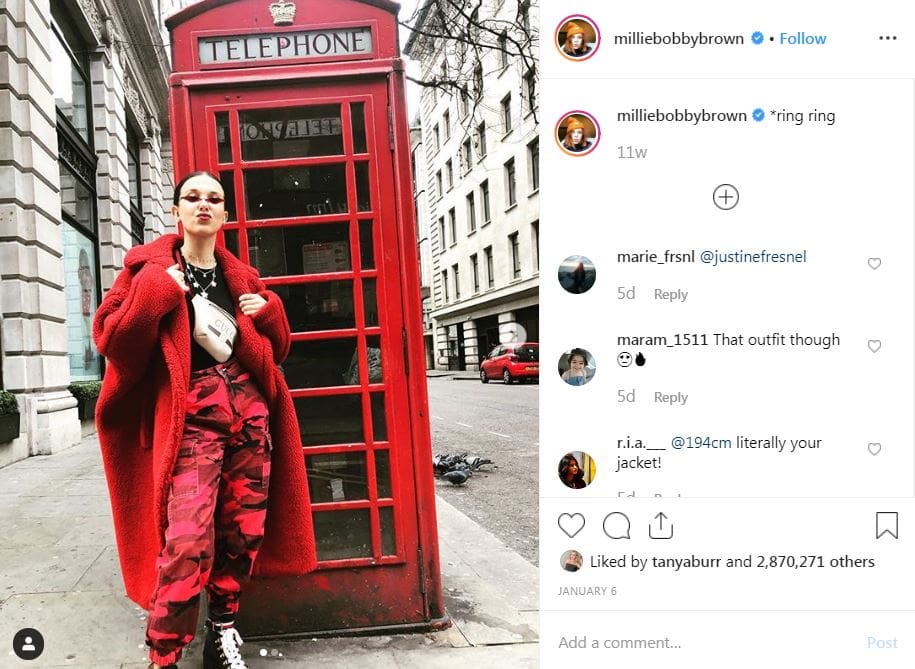When thinking about teenagers, ‘finance-savvy’ and ‘virtuous’ are not exactly the first words that spring to mind. But Mintel research reveals that young Brits today are not who we think they are.
Who are Generation Z?
Generation Z – comprising consumers born between 2000 and 2012 – is a comparatively small cohort, accounting for just 15% of the UK population in 2018. However, despite its relatively small size, it’s crucial for businesses and advertisers to understand how they differ from preceding generations if they are to successfully engage with them, as they will be an increasingly important spending group as they mature and their earning potential increases.
The voices of reason
Teenage years may be the time for experimenting, yet our research highlights a new generation of virtuous teens keen to distance themselves from the raucous behaviour of their predecessors. Nearly half of UK consumers aged 18-20 agree that it’s not cool to get drunk. And figures show they may not be interested in booze at all, with a wholesome one in five 16-24-year-olds saying they don’t drink alcohol.
Even more surprisingly, teenagers seem to be well aware of the financial challenges that lay ahead of them and are ready to act in advance. When asked how they would spend £1,000, the top answer was an astonishing ‘add to savings’, chosen by 38% of Brits aged 12-18, with the sentiment rising alongside age in this group. This reflects how this generation is becoming more aware of the high costs now associated with leaving the family home, with university fees and high rents making it harder for young adults to fly the nest. It also paves the way for financial companies to create educational initiatives that will encourage Gen Zers to be more active when it comes to paying money into their accounts and checking how their savings pot has changed.
That said, the group’s engagement with social media has introduced them to luxury brands and items at a much earlier age than in the past, and their acceptance of high-end technology and desire for designer clothing makes them, and their savings, an important target for the luxury market.


The ethically engaged generation
Today’s British teenagers are growing up as an eco-aware generation and they are optimistic about their power to make a change. Animal welfare is the most common environmental concern for kids aged 12-18, followed by climate change and plastic pollution. About two thirds of 16-20s say they are concerned about how food companies treat animals, while almost all of them believe that recycling makes a difference to the evironment.

For brands, an environmentally-aware generation is likely to mean yet more scrutinisation of their sustainability. Equally, their emphasis on social equality is another major issue brands will need to heed. Today’s young are growing up in a cultural era where Disney’s Star Wars films feature prominent new female characters and companies are being compelled to publish an annual statement on their gender pay practices. Brands who fail to meet this generation’s high standards when it comes to gender and other types of social equality will ultimately lose out.

Addressing the teen mental health crisis
It has widely been reported that social media and technology can impact young people’s mental health. In fact, Mintel data shows that a third of UK 16-20s feel anxious or stressed every day – more than twice the average of the overall British population. Always connected and perpetually scrolling on their smartphone, the way today’s teenagers interact with each other has changed dramatically compared to their predecessors. As socialising increasingly happens online rather than in person, most of the UK’s 16-20s say they’d feel lonely if they didn’t own a smartphone.
Mental health is a serious issue across all age groups, but youth depression, self-harm and suicide have escalated across all developed countries in the past decade. While economic pressures must be factored in, today’s high levels of connectivity have surely added unprecedented pressures for the young. No other teen generation in history has had this much stimulation and exposure to the many potential wonders – and stresses – that arise from being online. However, it’s encouraging to see that the vast majority of Gen Zers agree that their mental health is as important as their physical wellbeing.
What we think
It’s crucial not to misplace this group’s core values as symptoms of “a teenage phase” – this generation’s values will persist and influence their friends and family for years to come. The current crop of teenagers will live longer than any previous generation, so it’s understandable that they are taking their time to establish what they want in the future. The result is an ethical, finance-savvy generation rebelling against the cliches of rebellion itself in all its traditional forms. More attentive parenting, greater self-respect and a wide range of sources of information are all likely influences in changing these mindsets.
Jack Duckett is Associate Director for Consumer Lifestyles Research at Mintel. He specialises in reports exploring the attitudes and behaviours of different demographic groups.
Richard Cope is a Senior Trends Consultant, bringing the latest consumer trends to Mintel clients through bespoke presentations and represents Mintel at global conferences.





































